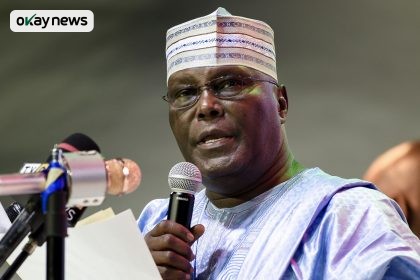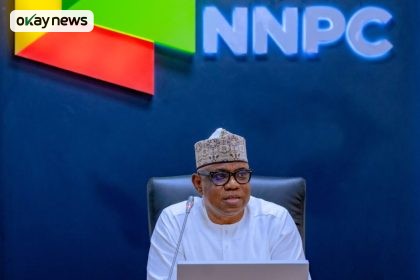In a development that signals renewed hope for Africa’s largest economy, Nigeria is positioned to achieve a robust 3.6% GDP growth by 2026, according to the World Bank’s latest Global Economic Prospects report. This forecast comes at a crucial time when many Nigerians are grappling with the impact of recent economic reforms and rising living costs.
The country’s services sector, particularly in finance and telecommunications, has emerged as the primary engine of the projected GDP growth, helping push the overall economic growth to an estimated 3.3% in 2024.
“Macroeconomic and fiscal reforms helped improve business confidence,” the World Bank noted, highlighting the positive impact of recent policy measures. These reforms, while challenging for many Nigerians in the short term, are beginning to show promising results.
Also the Central Bank of Nigeria’s bold moves to tighten monetary policy in response to inflation and currency pressures are starting to bear fruit. According to financial experts, the elimination of foreign exchange subsidies following the naira’s unification has been particularly significant.
“The fiscal deficit narrowed due to a surge in revenues driven by the elimination of the implicit foreign exchange subsidy,” the World Bank reported, pointing to improved revenue administration as a key factor.
Despite the Nigeria optimistic GDP growth forecast, Nigeria’s oil sector presents a more complex picture. While production is expected to increase, it will remain below the OPEC quota – a situation that could impact the country’s foreign exchange earnings. For ordinary Nigerians, this means the journey to economic recovery might be gradual rather than immediate.
Read Also:
“I feel frustrated fixing Nigerian roads” Umahi Decries
ICYMI: Senate Projects ₦100 Trillion Budget for 2026 Amid Revenue Challenges
Nigerians in Diaspora Pump N60 Billion into Nigerian Economy During Festive Season
Nigerian Airlines to Receive Boost from Afreximbank Aircraft Financing
ICYMI: First Bank Seeks to Freeze Assets of Oil Company, GHL, Over $225 Million Loan
Looking at the broader African context, Nigeria’s growth trajectory aligns with a general uptick in Sub-Saharan Africa’s economic performance. The region saw growth increase from 2.9% in 2023 to 3.2% in 2024, though this was slightly below earlier projections due to regional conflicts and various economic challenges.
While the forecast paints an optimistic picture, several challenges such as; High government debt levels continue to constrain fiscal spending; Global economic uncertainties pose risks to growth; Regional conflicts could impact trade and inflation; Climate change effects may influence economic stability
While the 3.6% growth forecast is encouraging, the key will be ensuring this growth translates into improved living standards for average Nigerians.
For the average Nigerian, the World Bank’s forecast suggests a gradual improvement in economic conditions. The projected decline in inflation following monetary policy tightening should provide some relief to consumers, while growth in the services sector could create new job opportunities.
The World Bank’s report suggests that Nigeria’s economic future, while challenging, holds promise. “Primary fiscal deficits are, on average, forecast to close over the forecast period,” the report states, indicating improving financial management at the national level.
For businesses and investors watching Nigeria’s economic trajectory, these projections offer valuable insights for strategic planning. The emphasis on service sector growth and ongoing reforms suggests opportunities in digital services, telecommunications, and financial technology sectors.
As Nigeria navigates its path to stronger economic growth, the coming years will be crucial in determining whether these positive projections translate into tangible improvements in the lives of its citizens. With careful policy implementation and continued reforms, the 3.6% growth target appears achievable, though the journey may require patience and resilience from all stakeholders.







